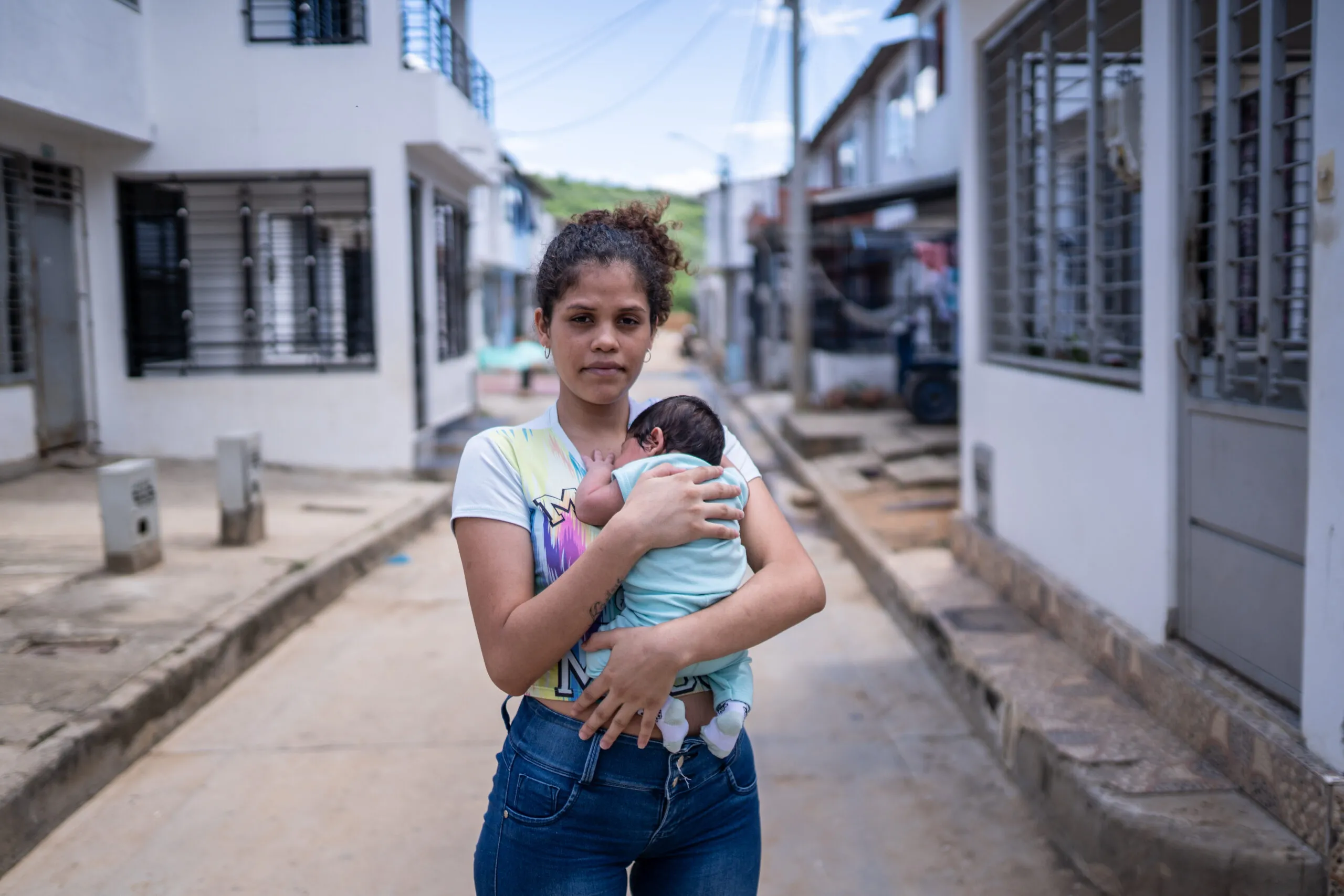Leaving your home, your family, and everything you know is not an easy decision. But when you don’t have enough money to feed your children, it doesn’t really feel like a choice. Sadly, this situation is all too common in Venezuela. According to the UN, one in three Venezuelans did not have enough to eat; even before the pandemic increased food insecurity.
“What encouraged me to travel were mostly the needs [in Venezuela]. We began to realize that the money was no longer enough,” says 22-year- old Julieth Zabrano. “The day I left was tough because I had to say goodbye to my mother, to my daughter, to leave her there.”




